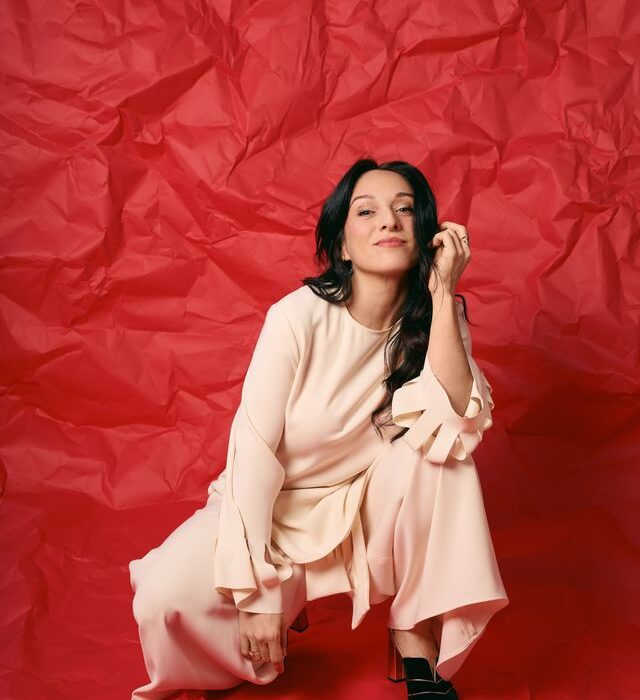
Q & A: Mark Padmore on Music at Paxton & Experience in Recitals
By Francisco Salazar(Credit: Marco Borggreve)
Mark Padmore has established himself as an important recital and concert singer who has performed around the world in many of the greatest theaters in a diverse repertoire.
He has been an Artist in Residence with the Bayerische Rundfunk Orchester, Berlin Philharmonic Orchestra, and Wigmore Hall and has served as an artistic director for the St. Endellion Summer Music Festival.
This year he makes his debut at the Music at Paxton Festival on July 26 and brings a diverse program of music. OperaWire spoke to the acclaimed tenor about the recital and his experience in recital work.
OperaWire: Tell me about debuting at Music at Paxton.
Mark Padmore: This is the first time that I am appearing in the Music at Paxton Festival. It is always exciting to visit a new place and I know it is a very beautiful setting.
OW: Your program has music by Beethoven, Schubert, Brahms, Fauré, Rebecca Clarke, and Britten. What do you think connects these pieces?
MP: The first half of the program is based around the theme of The Wanderer – a particularly resonant figure in the 19th century when many young men went out into the world as apprentices looking for work. It became a great subject for poetry and song and we are tapping in to this rich repertoire. The second half features music by Charles Stanford in the 100th anniversary year of his death along with some wonderful songs by Rebecca Clarke and Benjamin Britten’s best-loved song cycle, “Winter Words.”
OW: Tell me about working with Jocelyn Freeman and how has your relationship on stage evolved throughout the years.
MP: I am lucky to work with many different pianists some of whom I have worked with for more than 20 years. Jocelyn is a rather new partner and it is great to work with someone new who has such a passion for song.
OW: What is the biggest challenge of this program?
MP: Often the challenge with a song recital is the planning of the program. It is great to offer songs that make an audience think as well as feel.
OW: You are well known for recitals and song repertoire. What is the key to performing song repertoire? How do you bring the audience in without them having to read the translations?
MP: I don’t mind the audience reading translations. There is no correct way to listen – some people are happy to let the music wash over them, others are keen to know what the texts are saying. I love communicating with an audience and creating a shared experience of attention. I believe that generosity is the most important quality a singer can have.
OW: What are some of your favorite lieder or songs that you always go back to?
MP: There is such an amazingly rich repertoire and there are always new delights to discover and explore. Schubert alone wrote more than 600 songs and I have probably only sung about a third of them. It is impossible to choose favorites but, of course, I go back to “Winterreise” again and again.
OW: The repertoire for song is very diverse. How has the vocal writing evolved especially when you look at the classical composers and the 20th-21st century composers?
MP: I think there are relatively few composers who have written lots of great songs but a very large number who have written one or two gems. Songs tend to be short – three or four minutes – and it is a challenge to find a memorable form for a poem that communicates with an audience in this time span. The most important thing is that the words and music work together. If either is too complicated then the audience can’t really grasp meaning.
OW: What do you hope audiences take away from this program?
MP: I never want to be prescriptive about how an audience receives a recital. Each person can make up their own mind. My job is to be clear and well-intentioned.
OW: What are some of the pieces that you haven’t performed in the lieder or song canon that you want to do in the future?
MP: I would like to delve further into the Hugo Wolf songbooks.


